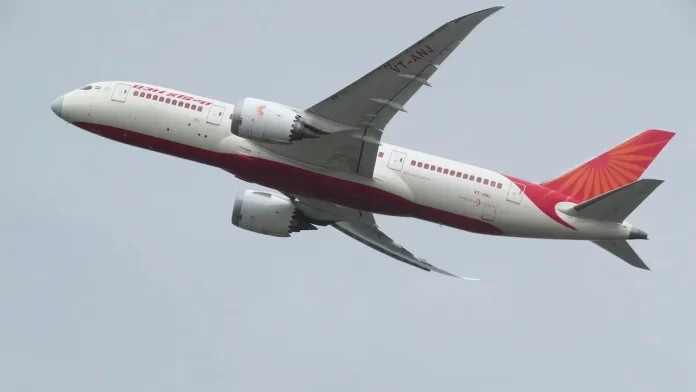Ude Desh ka Aam Nagrik abbreviated as UDAN is a Regional Connectivity Scheme (RCS) launched by the Ministry of Civil Aviation on 21-10-2016 to stimulate regional air connectivity and make air travel affordable to the masses.
UDAN is a market-driven scheme. An airport that is included in the awarded routes of UDAN and requires upgradation and development for commencement of RCS operations, is developed under the “Revival of unserved and underserved airports” scheme.
What is the Implementing Agency of the UDAN Scheme?
The Airports Authority of India (AAI) is the Implementing Agency of the UDAN scheme. It has identified 154 RCS airports including 14 water aerodromes and 36 helipads so far under UDAN for the operation of RCS flights.
So far, the Airports Authority of India has awarded 948 routes, from which, 405 routes involving 65 airports including 8 heliports and 2 water aerodromes have been operationalized under UDAN as of 09.03.2022.
Besides Viability Gap Funding (VGF), other concessions from Central, State Governments, and airport operators are extended to Selected Airline Operators (SAOs) to encourage operations from unserved/underserved airports/heliports/water aerodromes and to keep the airfare affordable.
Capping of Airfare under UDAN Scheme
While launching the UDAN Scheme in 2016, the Government had capped the Airfare at Rs. 2500 for a distance of 500 km to 600 km per seat under Regional Connectivity routes (equivalent to one-hour flight).
The capping is subject to indexation as per the formula specified in the UDAN Scheme document.
